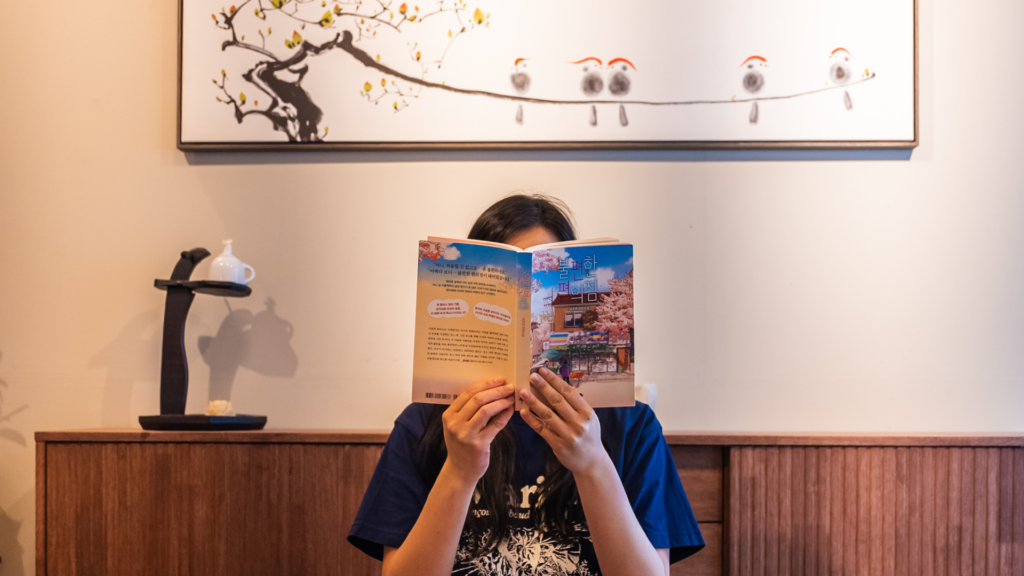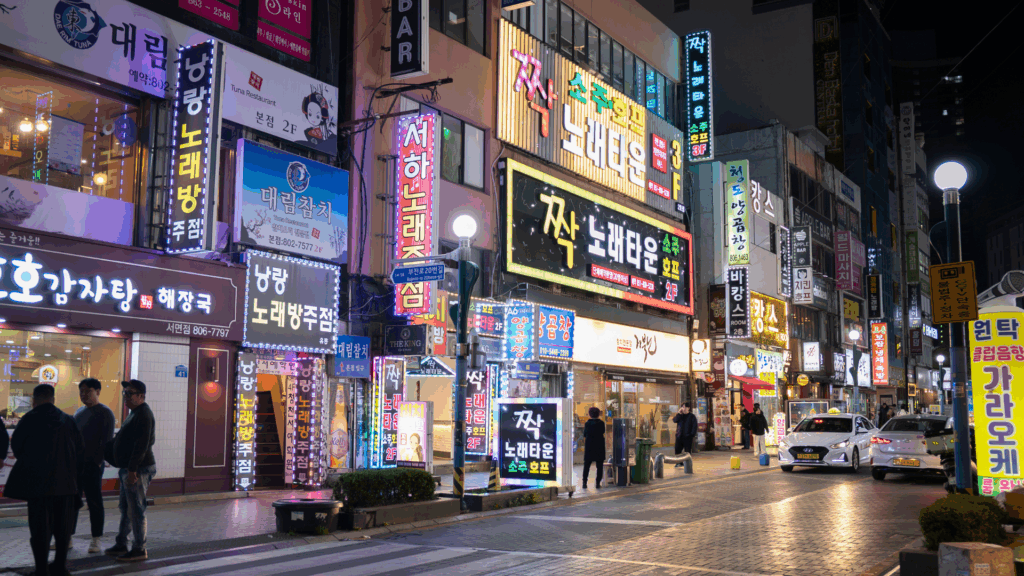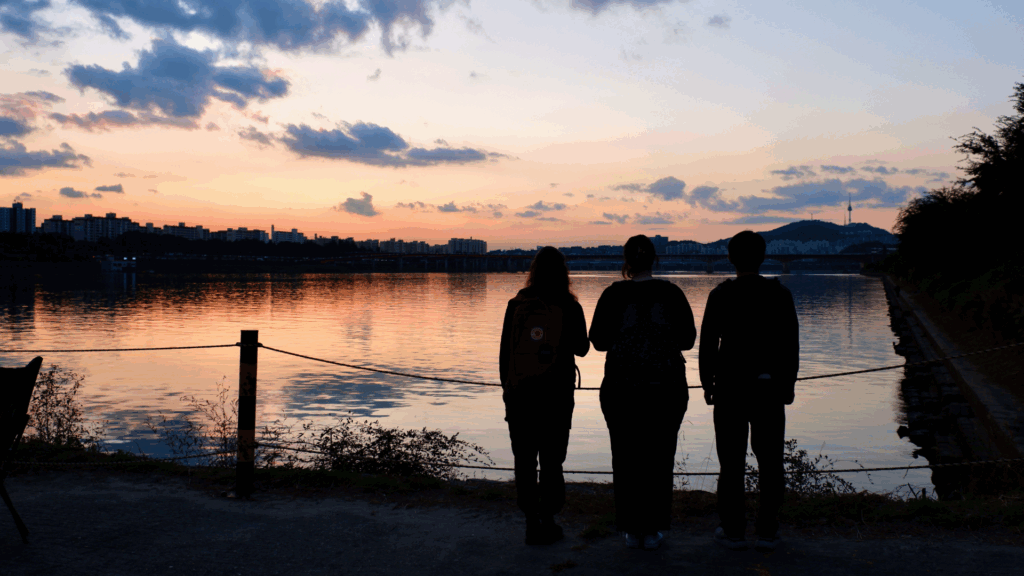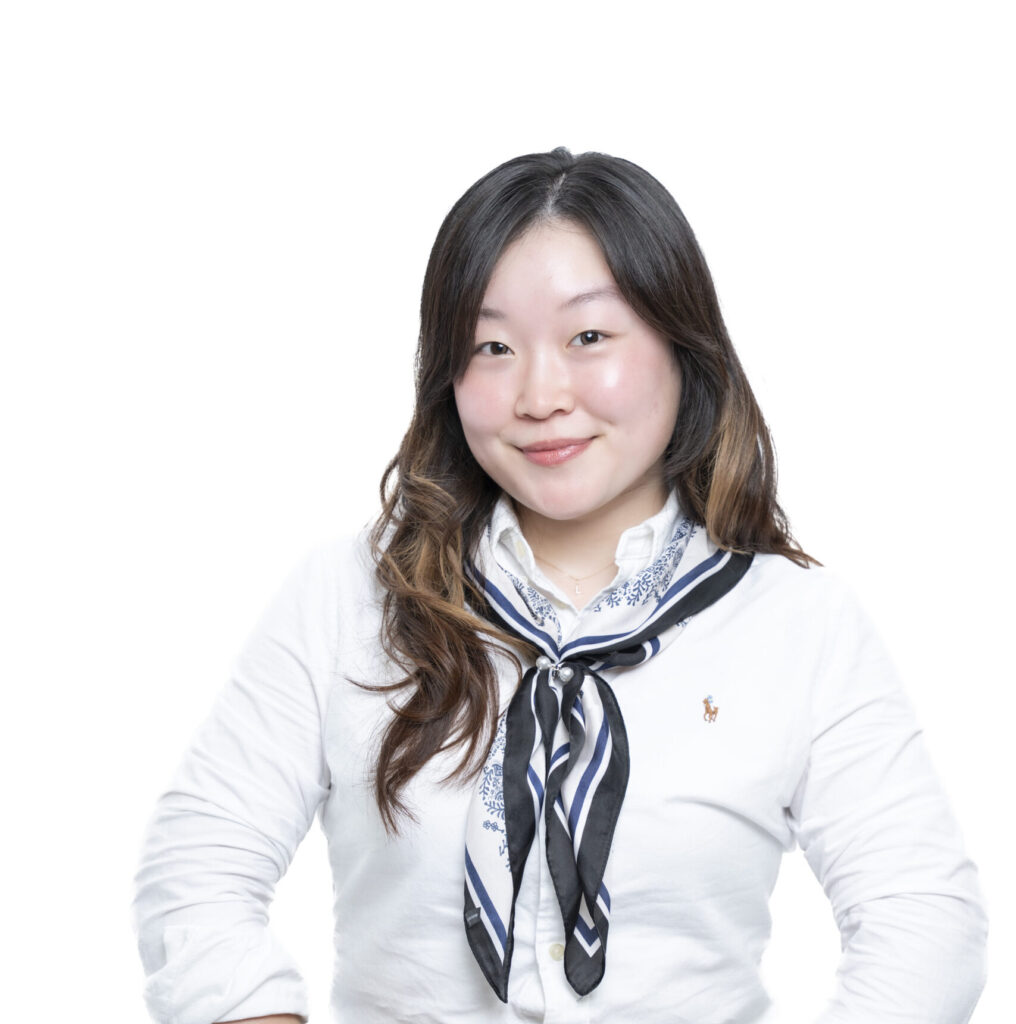Learn some common Korean phrases in K-dramas! We have a collection of them ready for you below!

Korean phrases in K-dramas by category
1. Korean phrases in K-dramas – Relationships
When talking to one another, Koreans often use various terms of endearment. Some of the common Korean phrases in K-dramas about relationships are as follows:
Unni (언니): This is a term for older sisters of girls, but can be used for an older female friend as well.
Oppa (오빠): This is a term for older brothers of girls, but can also imply either an older male friend and even a boyfriend, who is older than the girl.
Noona (누나): This is a term for older sisters of boys, but can also be used for an older female friend and even a girlfriend, who is older than the boy.
Hyung (형): This is a term for older brothers of boys, but can also imply an older male friend as well.
Eomeoni / eomma (어머니/ 엄마): The first term is the formal way of saying mother, while the second term is the informal way of saying the same (mom).
Abeoji / Abba (아버지/ 아빠): The first term is the formal way of saying father, and the second term is the informal way of saying the same (dad).
Halmeoni (할머니): Grandmother
Harabeoji (할아버지): Grandfather
Samchon (삼촌): Literally meaning uncle, however it can also be a friendly way to refer to any middle-aged man.
Gomo / Imo (고모/이모): The first term is used to talk about your father’s sister while the second one is used for your mother’s sister.
Chingu / Namjachingu / Yeojachingu (친구/ 남자친구/ 여자친구): Any friends you have are your chingu but your boyfriend is your namjachingu and your girlfriend is your yeojachingu. Boyfriend and girlfriend are often abbreviated to simply 남친 and 여친.

2. Korean phrases in K-dramas – Greetings
Jal jinaeyo? (잘 지내요?): How are you? – a polite way to ask how someone is doing, typically used with people you don’t know very well or in a more formal situation.
Oraenman-ieyo (오랜만이에요): Long time no see – when you meet someone you haven’t seen in a while, usually used after a gap in communication or absence.
3. Korean phrases in K-dramas – Romance
Saranghaeyo (사랑해요): I love you – sarang is love and hae is to do. This term usually signifies the deepest form of love and devotion a couple can show one another.
Yaksokhaeyo (약속해요): Promise me – yaksok is a promise. This term is often used to seal a verbal agreement between two people.
Johahaeyo (좋아해요): I like you – johahae means to like something. It is usually the phrase initiating a relationship between protagonists.
Haengbokhaeyo (행복해요): This term is used to talk about the ultimate happiness one can experience.
Bogoshipeoyo (보고싶어요): I miss you – bogo means seeing, and shipeo means wanting to. The term literally means that you want to see somebody or something.
Check out our Instagram reel to learn how to pronounce some romantic Korean phrases!
4. Korean phrases in K-dramas – Apologetic
Jeongmal mianhaeyo (정말 미안해요): I’m really sorry – when you want to emphasize how sorry you are for something you’ve done, and you’re genuinely apologetic.
Gwaenchanhayo (괜찮아요): It’s okay / I’m fine – used to reassure someone who is apologizing or showing concern, often in response to someone saying sorry.
Naega jalmoshaesseoyo (내가 잘못했어요): I was wrong – used when you’re admitting a mistake and taking responsibility for your actions.
5. Korean phrases in K-dramas – Surprises
Note all are in informal form, 반말.
Daebak! (대박!): Awesome! – when something surprising or impressive happens, often used in excited or shocked moments.
Jeongmal? (정말?): Really? – expresses disbelief or surprise when you hear something unexpected.
Eomeo! (어머!): Oh my! – often used when something shocking or unexpected happens, usually exclaimed in a high-pitched, surprised tone.
Jinjja? (진짜?): Seriously? – used when you’re amazed or need confirmation about something.
6. Korean phrases in K-dramas – Daily Conversation
Bap meogeosseoyo? (밥 먹었어요?): Have you eaten? – a common greeting, especially in Korean culture. It’s often asked out of concern or habit rather than just a literal question.
Baegopayo / baebulleoyo (배고파요/ 배불러요): These phrases mean, “I am hungry” and “My stomach is full,” respectively.
Mwo haeyo? (뭐 해요?): What are you doing? – casual conversation starter, often asked between friends or close acquaintances.
Gajimayo (가지마요): Don’t leave – ga means to go or leave and when you add jima it means don’t do it. This phrase is often said when one of the protagonists is scared that their lover will leave them.
7. Korean phrases in K-dramas – Encouragement
Himnaeyo (힘내요): Cheer up / Hang in there – to offer encouragement to someone who’s going through a tough time.
Jal hal su isseoyo (잘 할 수 있어요): You can do it – used to motivate or encourage someone who’s unsure of themselves.
Sugohaseyo (수고하세요): Good job / Keep up the good work – to praise or encourage someone who is working hard or has done something well.
If you want to learn more about Korean expressions, we recommend you to read these articles:
- How to say I love you in Korean
- The most used Korean words in K-pop songs
- Untranslatable Korean words entering the English dictionary
- Korean words and expressions to use at home
These were some common Korean phrases in K-dramas. What else would you like to learn? Please let us know!
For more information about Korean language and culture, follow our blog or contact us for living and studying in Korea!








